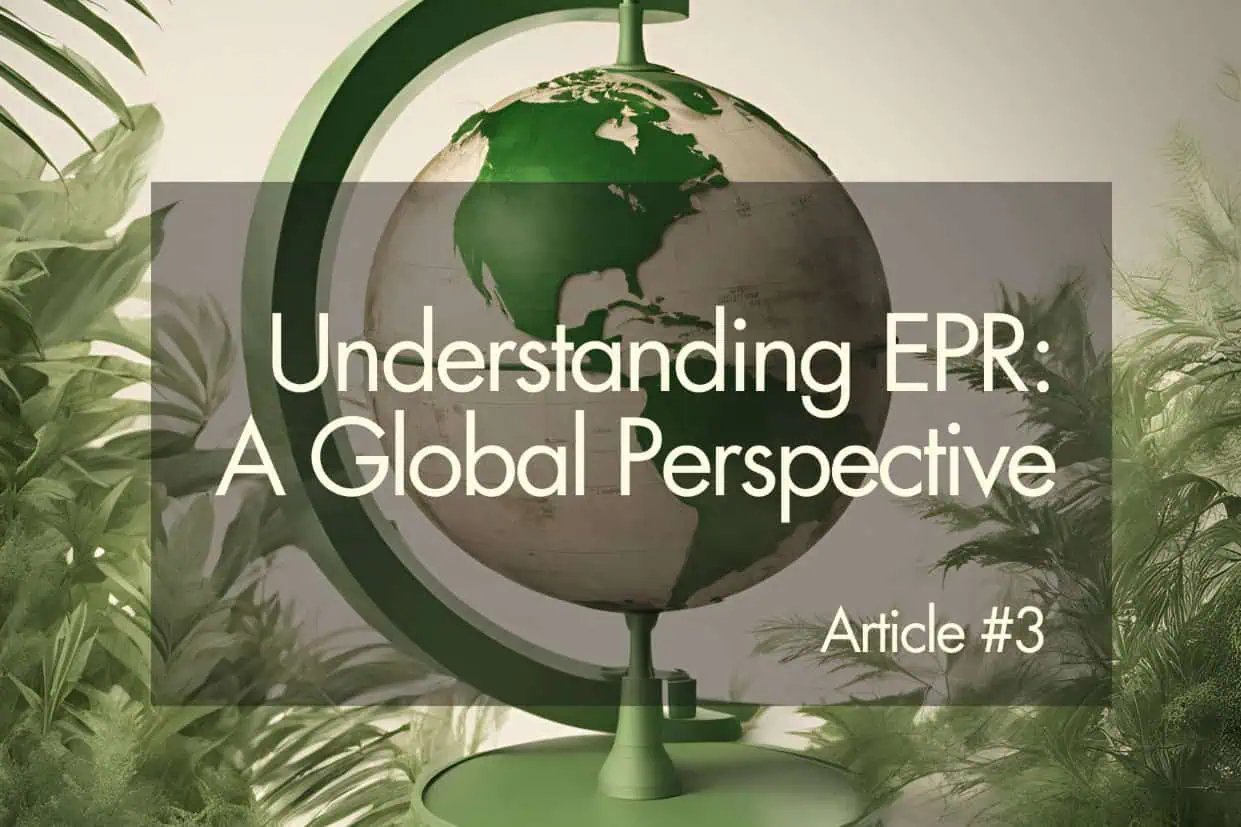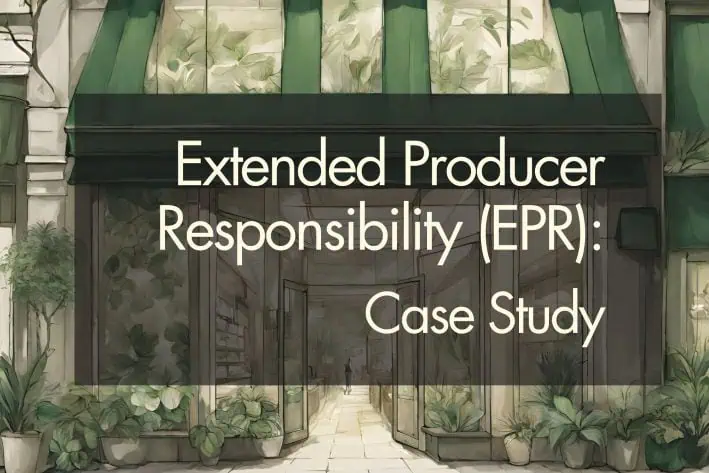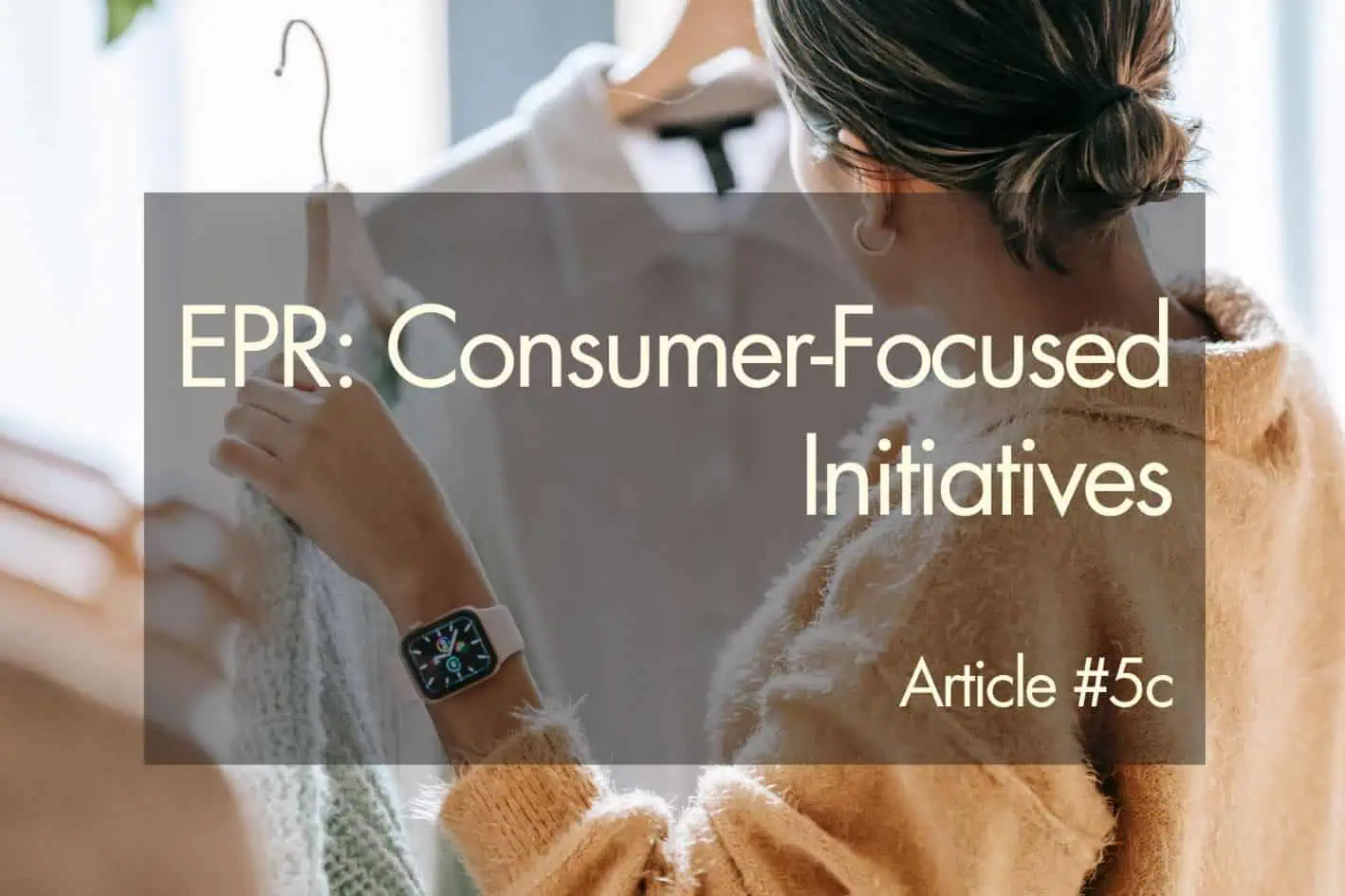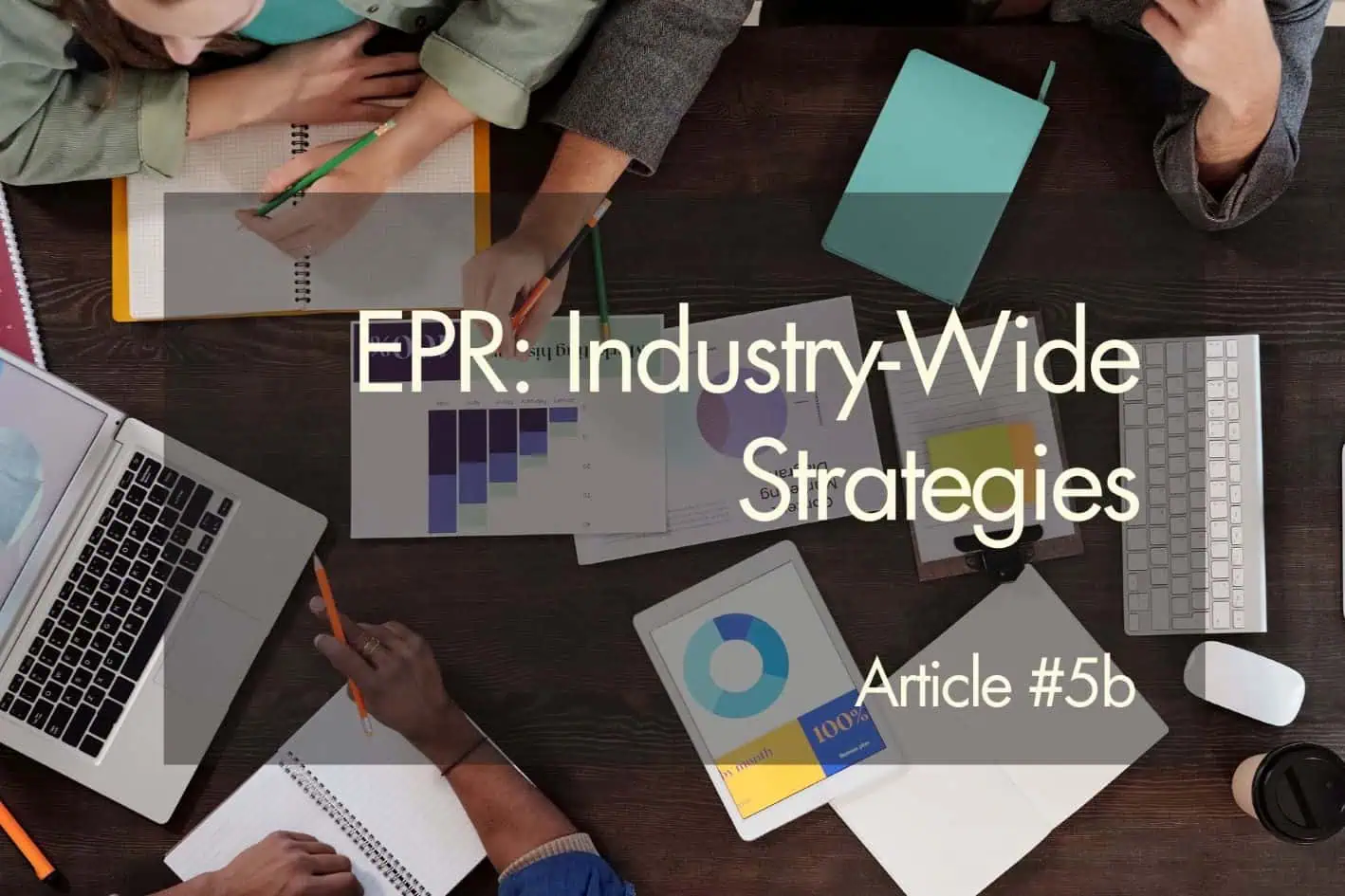In our previous article, we explained that Extended Producer Responsibility (EPR) is a policy framework that holds producers accountable for the entire lifecycle of their products, including take-back, recycling, and final disposal. This approach aims to motivate manufacturers to create eco-friendly products and reduce their environmental impact.
In this article, we explore how EPR has been implemented across various countries and industries:
EPR Systems:
1. Electronic Waste in Canada
Canada has implemented a national EPR framework for managing electronic waste (e-waste). While it is a national system, each province manages the framework differently. Explore more about E-Waste Management in Canada.
2. Tire Recycling in Ontario
Ontario has developed an EPR program specifically for tire recycling. The Ontario Tire Stewardship (OTS) program requires tire producers to fund the collection and recycling of used tires. Learn more about Tire Recycling in Ontario.
3. Packaging in British Columbia
British Columbia (BC) has taken a leading role in EPR for packaging. The Recycle BC program mandates that producers finance the collection and recycling of packaging materials. Discover more about Packaging EPR in BC.
4. Packaging in Germany
Germany’s Packaging Act (VerpackG) imposes strict EPR regulations for managing packaging waste. Producers must register and pay fees based on the volume and type of packaging they introduce into the market. Learn more about Packaging EPR in Germany [coming soon].
5. Textiles in France
France has taken a groundbreaking step by being the first country to implement an EPR scheme for textile waste. Their program is managed by a single Producer Responsibility Organization (PRO) and funded by textile producers. Read more about Textile Recycling in France.
6. Textiles in the Netherlands
The Netherlands is currently developing an EPR system to address the increasing issue of textile waste. Discover more about Textile EPR in the Netherlands.
While Extended Producer Responsibility (EPR) provides a promising framework for waste management and sustainability, it is not a one-size-fits-all solution. The success of EPR systems relies heavily on the presence of adequate supporting infrastructure, such as recycling and sorting facilities. Therefore, it is essential to learn from the diverse implementations of EPR in various countries and industries. By understanding the successes and challenges faced by these systems, we can gain valuable insights for creating more effective waste management strategies. As we move forward, it is important to stay mindful of the broader sustainability goals and ensure that EPR policies are supported by robust infrastructure and complementary measures.
Stay tuned for our next article, where we dive into what’s needed to make EPR work in the Canadian fashion industry!

Deborah King
Deborah is a sustainable fashion expert located in Toronto, Canada. She’s an Industrial Engineer with a post-grad in Sustainable Fashion Production. She grew up on the tiny island of Tortola in the British Virgin Islands, and has been sewing her own clothing since the age of 10. She founded Global Measure to help authentically sustainable and ethical fashion businesses stand out from the greenwashing noise through third-party certification.
Curious to explore EPR further or interested in potential collaborations? Dive into our comprehensive Case Study for a deeper understanding.





